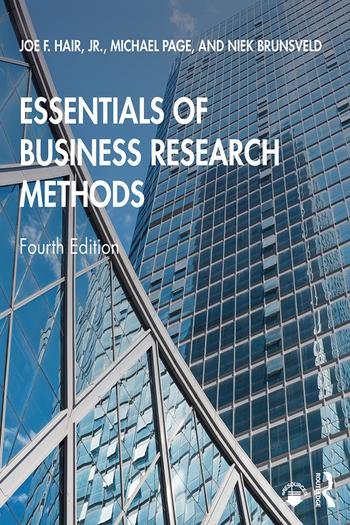Question
Read the following Case study: An English professor at a Midwestern university was called by the academic appeals referee and told that a student in
Read the following Case study:
An English professor at a Midwestern university was called by the academic appeals referee and told that a student in her introductory writing course had filed a grievance about a grade he received last semester. The student was given a "D" in the class because he did not take the final exam in the course. On the day of the exam, the student had left a message with the department secretary saying that he was ill and would not be present for the test. Although the professor received this message, the student did not get back in touch with her until after the grades had to be submitted. When the student did get in touch with the professot; he told her that he had three other final exams scheduled that same week and had decided to take those tests to stay on schedule rather than making up the English final immediately. He said he had thought he would be able to contact her again before the grades had to be reported, but, as it turned out, he was too slow in doing so. On hearing the student's explanation, the professor had decided to stick with her earlier decision to give him the grade he received without any points on the final. The student's grades on the earlier tests and writing assignments were good enough that if he had received a "B" on the final exam, he would have finished with a "B" in the course.
After receiving the call from the appeals referee, the professor began to question her decision. Originally she had felt justified in taking a tough stand because she had stated a very clear policy about missing tests and assignments early in the term. However, realizing that she might have been somewhat dogmatic in this case, she was leaning toward allowing the student to take a make-up exam and using that score to recompute his final grade. But as she entered the meeting with the appeals referee and student, she became increasingly concerned about changing her mind. She knew that word travels fast among students, and she was worried that soon she would have a reputation for changing grades or class policy when the right pressure was applied. She was also increasingly bothered by the student's decision to register a formal complaint against her in the college.
---------------------------------------------------------------------------------------------------------------------------------------
- Identify examples of positive and negative face that the professor could have experienced in this situation. Explain why you think face might have been lost in this scenario.
- Identify what face-saving frame might be at work for the professor. Please explain why you think this frame is the best fit in this scenario.
- Given your discussion of face-saving, consider what face-giving might look like from other parties in the interaction. Specify which party and give examples of face-giving that could be appropriate in this scenario. For this part, incorporate possible dialogue that would fit within this situation.
Step by Step Solution
There are 3 Steps involved in it
Step: 1

Get Instant Access to Expert-Tailored Solutions
See step-by-step solutions with expert insights and AI powered tools for academic success
Step: 2

Step: 3

Ace Your Homework with AI
Get the answers you need in no time with our AI-driven, step-by-step assistance
Get Started


